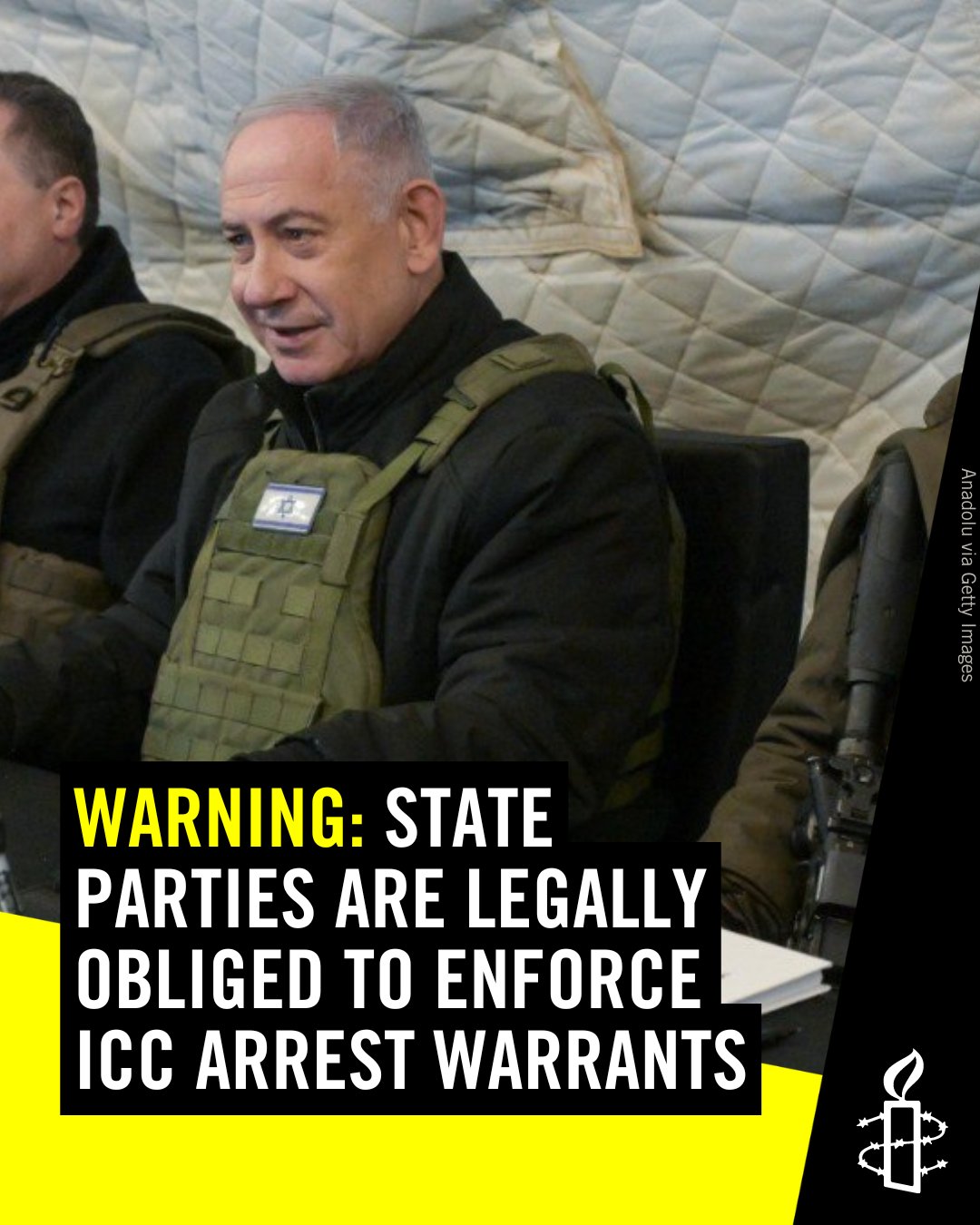
In a proposal that has sent shockwaves across the globe, President Donald Trump’s suggestion that the US “take over” the Gaza Strip and turn it into a “Riviera of the Middle East” has faced fierce criticism from legal experts and human rights activists.
Trump’s controversial plan came during a joint news conference with Israeli Prime Minister Benjamin Netanyahu at the White House, where he said the US “will take over the Gaza Strip,” and proposed the permanent resettlement of Palestinians.
Secretary of State Marco Rubio later clarified Trump’s remarks, describing the plan as a “generous” offer aimed at rebuilding the war-ravaged enclave, adding that “people can move back in” after reconstruction.
According to Michael Lynk, who served as the UN Special Rapporteur on the situation of human rights in the Palestinian Territories from 2016 to 2022, Trump’s plan “clearly” violates international law.
“Under international law, it’s clearly illegal,” Lynk, currently an associate professor at the University of Western Ontario, told Anadolu. “Just talking about the forced displacement of Palestinians — the ethnic cleansing of the 2.2 million Palestinians in Gaza — that would be a serious violation of the Geneva Conventions of 1949, which both the United States and Israel have signed on to.”
Lynk also pointed out the legal repercussions of such an action under the 1998 Rome Statute, which established the International Criminal Court (ICC).
“It would also be a crime against humanity,” he added, noting that the ICC has jurisdiction over Gaza, even though neither the US nor Israel are signatories of the Rome Statute. “Their leaders could be criminally liable for initiating forced displacement of the Palestinians.”
As the world watches closely, the UN Security Council has already addressed Israel’s war on Gaza, which has killed nearly 62,000 people, having added thousands who are missing in the rubble, since a cross-border attack by Hamas on Oct. 7, 2023, according to Gaza’s authorities.
In June 2024, the Security Council adopted resolution 2735, calling for an immediate and durable ceasefire in Gaza and rejecting any attempts at “demographic or territorial change” in the Gaza Strip.
“We have both these strong legal and diplomatic guardrails that would be opposed to this,” Lynk said, referring to the both Rome Statute and the June 2024 Security Council resolution.
‘Clearly a war crime’
Jonathan Kuttab, an international human rights lawyer and Executive Director of the Friends of Sabeel North America (FOSNA), a movement of Palestinian Christians, also voiced strong criticism of Trump’s controversial Gaza plan. Describing the proposal as “shocking on many levels,” Kuttab said that it “totally disregards international law.”
“You can’t just go and take another piece of territory and own it,” he told Anadolu. “It’s a war crime. It’s clearly a war crime.”
Kuttab also pointed to the moral dimensions of the plan, calling it “totally immoral.”
He questioned how it was even conceivable to displace over 2 million people in the Gaza Strip from their homes, likening this to an attempt at ethnic cleansing.
“He (Trump) is saying it in the presence of Netanyahu, who’s smirking because he’s the one who destroyed Gaza,” Kuttab noted. “It’s totally unacceptable. It’s also anachronistic.”
Kuttab added that the proposal’s underlying motive was both ideological and practical.
“The ideological aspect is to get people to start thinking in terms of accepting the idea that Palestinians can be removed from Palestine permanently,” he said. “The practical thing is to allow Netanyahu’s government to survive … The government will collapse unless you resume the war, or unless you do something to get rid of the people in Gaza. So Trump is willing to do the work for Netanyahu.”
ICC’s ability to issue arrest warrants for Trump
Lynk also indicated that if the US, with the support of Israel, forcibly removes Palestinians from Gaza and forces them either to Egypt or Jordan, the ICC would have the ability to issue arrest warrants for Trump, Netanyahu, and others involved in such a plan.
The implications of Trump’s proposal extend beyond legal concerns. The international community, particularly in the Arab and Muslim world, have strongly rejected such a move. Everyone in the region and beyond remembers the long history of Palestinian displacement, including the 1948 Nakba, when over 750,000 Palestinians were forced to flee their homes, never to be able to go back.
“No Arab or Muslim leader in the region could ever support the forced displacement of Palestinians,” Lynk said.
If Palestinians must leave Gaza, ‘the appropriate place would be Israel’
“If Palestinians have to leave Gaza in order for the rubble to be removed from the war that Israel inflicted on Gaza and to remove the 30,000 unexploded munitions in Gaza, then … the appropriate place for them to move to would be Israel itself,” he suggested.
This, Lynk argued, would fulfill the right of return as enshrined in UN Resolution 194, which guarantees Palestinians this right to go back to their homes that Israel forced them to leave.
“That would seem to be the path that is most consistent with international law and with a rights-based approach.”
The implications of Trump’s proposal could reach beyond the borders of Gaza. Lynk expressed concern that the plan could pave the way for further Israeli settlements in occupied East Jerusalem and the West Bank. Trump has already reversed Biden-era policies regarding the West Bank by removing sanctions on Israeli settlers and groups.
‘We don’t have to wait for the Hague to act’
Lynk and Kuttab agree that Trump’s plan would be dead on arrival, given the unified rejection it would face from the Arab and Muslim world.
However, Kuttab warned that if Trump attempts to follow through, it would severely undermine the international order.
“The Security Council, of course, will do nothing, because there is the veto power there, but national countries have the right under international law — in fact, the obligation to do something,” he continued.
“We don’t have to wait for the Hauge to act … Every country has local courts that can carry out and implement international law, because crimes against humanity and war crimes have universal jurisdiction,” he stressed in Anadolu.






